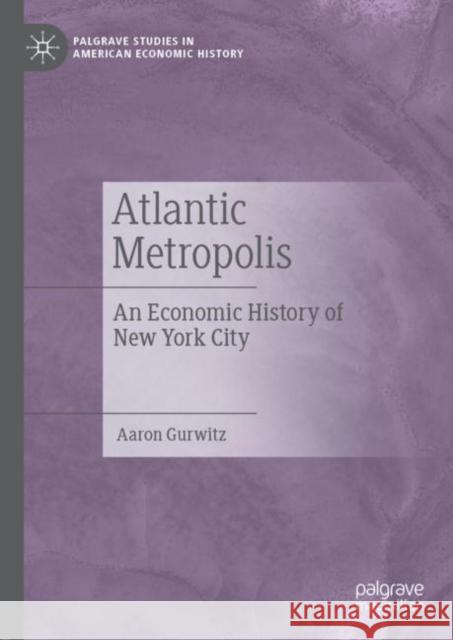Atlantic Metropolis: An Economic History of New York City » książka
topmenu
Atlantic Metropolis: An Economic History of New York City
ISBN-13: 9783030133511 / Angielski / Twarda / 2019 / 737 str.
Atlantic Metropolis: An Economic History of New York City
ISBN-13: 9783030133511 / Angielski / Twarda / 2019 / 737 str.
cena 442,79
(netto: 421,70 VAT: 5%)
Najniższa cena z 30 dni: 424,07
(netto: 421,70 VAT: 5%)
Najniższa cena z 30 dni: 424,07
Termin realizacji zamówienia:
ok. 16-18 dni roboczych.
ok. 16-18 dni roboczych.
Darmowa dostawa!
Kategorie:
Kategorie BISAC:
Wydawca:
Palgrave MacMillan
Seria wydawnicza:
Język:
Angielski
ISBN-13:
9783030133511
Rok wydania:
2019
Wydanie:
2019
Ilość stron:
737
Waga:
1.05 kg
Wymiary:
21.01 x 14.81 x 4.14
Oprawa:
Twarda
Wolumenów:
01
Dodatkowe informacje:
Wydanie ilustrowane











